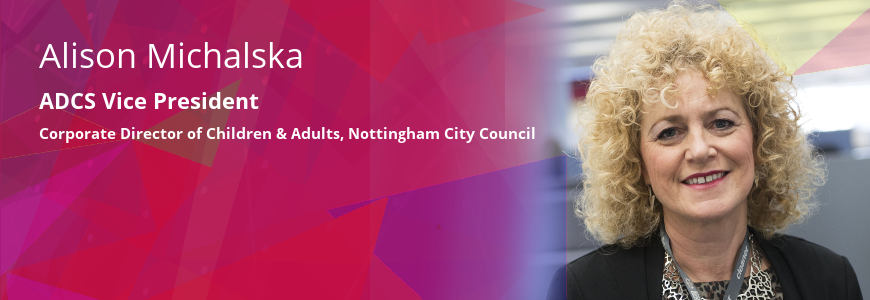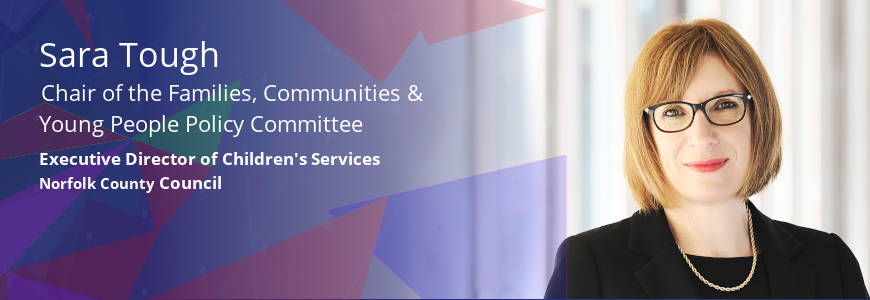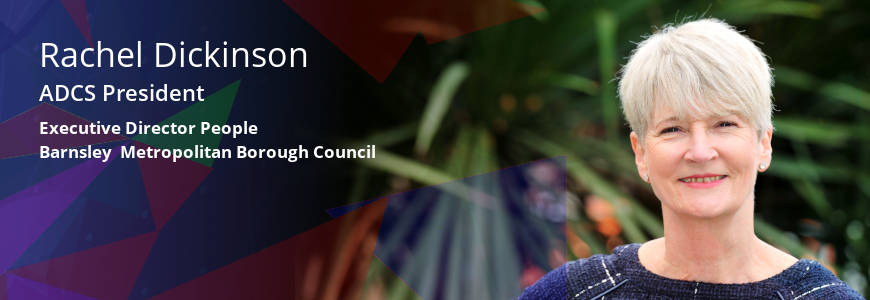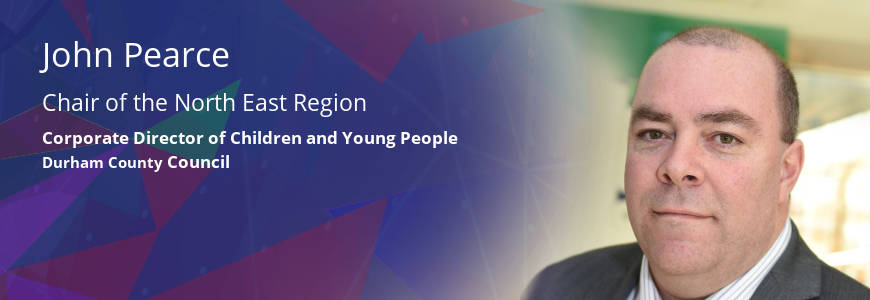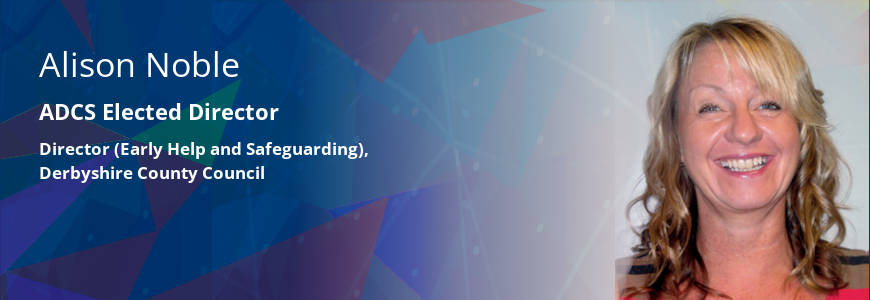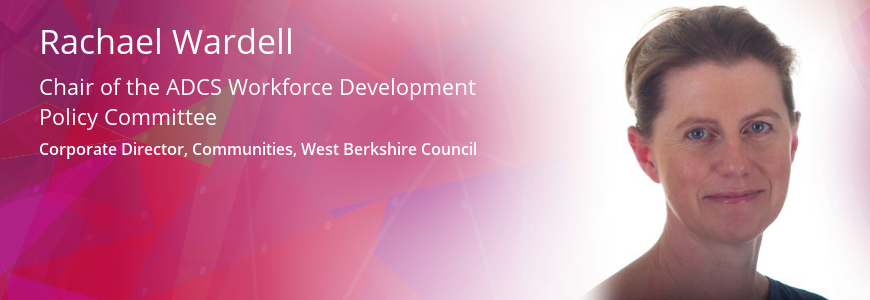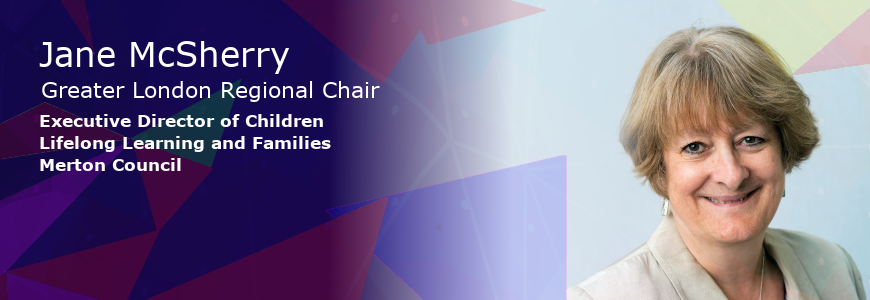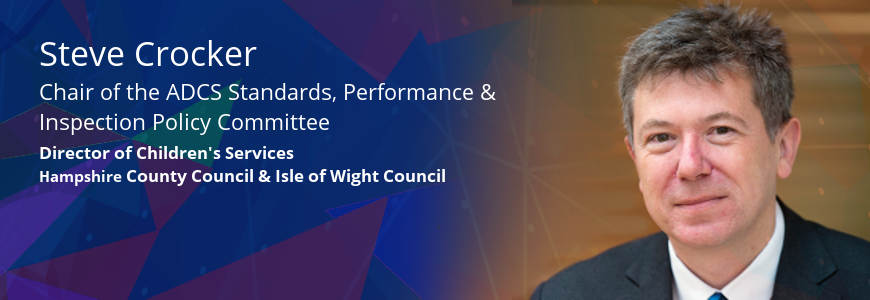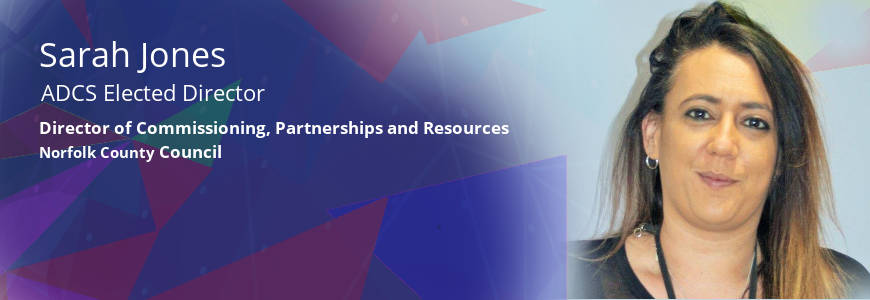Where have all the workers gone?
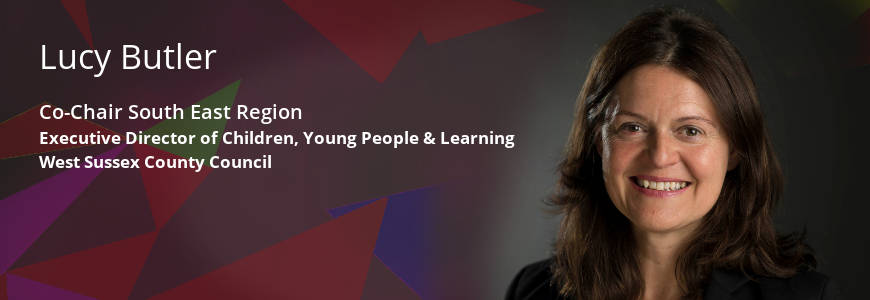
Is it me, is it the South-East, but have all the workers disappeared? And when I ask where have all the workers gone, I am not just meaning social workers, but I will get on to those. Whether you are going out for a meal (waiter?), trying to get your extension done, or a school built (builder anyone?) or desperately trying to fill your social work vacancies, the workers seem to have…well, evaporated.
It does appear that the incredible cocktail of Brexit and Covid has created a special hangover none of us quite saw coming. Workforce statistics are showing that the number of over 50s who are ‘economically inactive’ is at its highest level. Large numbers of people are leaving their professions to retrain, and many others who now used to home working and a readdressing of the home/work balance are wanting to work much more flexibly. We are seeing newly qualified social workers (Gen Z & Millennials) with a very different attitude to working life. They want to work part-time, take career breaks to have life experiences and see their job not as ‘one-for-life’ but as part of a rich mosaic which will morph and change over time. They work to live not live to work and local authorities’ traditional ways of working and terms and conditions do not fit well with this ethos.
I can’t remember it ever feeling this difficult to attract permanent, experienced, qualified staff. A growing proportion of staff now choose to work as agency instead of working permanently for local government. It’s interesting talking to my team managers who have employed individual agency staff for over two years which is ironically the average tenure for qualified permanent staff in the front-line child protection posts. And to compound an already tenuous situation, the growth of ‘managed’ agency teams has seen the individual agency market dry up as agency workers opt to work for these teams instead, which often come at much higher costs and variable quality.
We know that being a social worker is highly stressful but it is also a brilliant, exciting, worthwhile, life changing profession. Yet it is often undervalued (clap for social workers?) and only gets highlighted when there is a perceived scandal. Up and down the country many local authorities struggle to recruit and retain enough experienced social workers and ADCS has long called for the Department for Education to launch a national campaign to promote the value of social work.
So what can be done? I am really looking forward to the upcoming ADCS Annual Conference to hear colleagues’ thoughts on how we face these pressures. I am sure we will hear more from Josh MacAlister around his thoughts on how to free up workers’ time and create a better career framework for social workers. Some of the solutions are long term - such as more public recognition for the role, more flexibility, the taking on of the agency market at a national level and greater pay. This, colleagues is the issue we must tackle to ensure there are the workers that our children and families deserve. See you at conference.
Related Blog Articles
There’s a question we should all ask ourselves on a regular basis: why do we...
In General
As a professional community we have been regularly sharing our experiences of...
In General
Judging by the ADCS twitter feed and the DfE website ‘World Social Work Day’...
In Workforce
As I’m sure many of you will have noticed, the highly anticipated Scottish...
In Care
Whilst thinking about a theme to focus on for this blog I started to reflect on...
In Funding
I can’t have been the only Director of Children’s Services who was saddened...
In Leadership
Two years ago I remember sitting in my garden during the spring time of the...
In Care
Whilst away on holiday and having more time to tune into world news, I became...
In Care
As I write this it’s finally beginning to feel a bit like Christmas. My...
In General
This Tuesday (21 March) was World Social Work Day. There was lots of activity in...
In Workforce
As I sit down to write this blog the ADCS Annual Conference 2019 has just...
In General
I am sure we all agree that we are currently living in unprecedented times,...
In General
I was asked recently, as a senior leader, to contribute to our International...
In General
As directors of children’s services there is a temptation to look at our...
In Inspection & Improvement
It’s been three years since I wrote my first blog for ADCS, based on Wonder...

